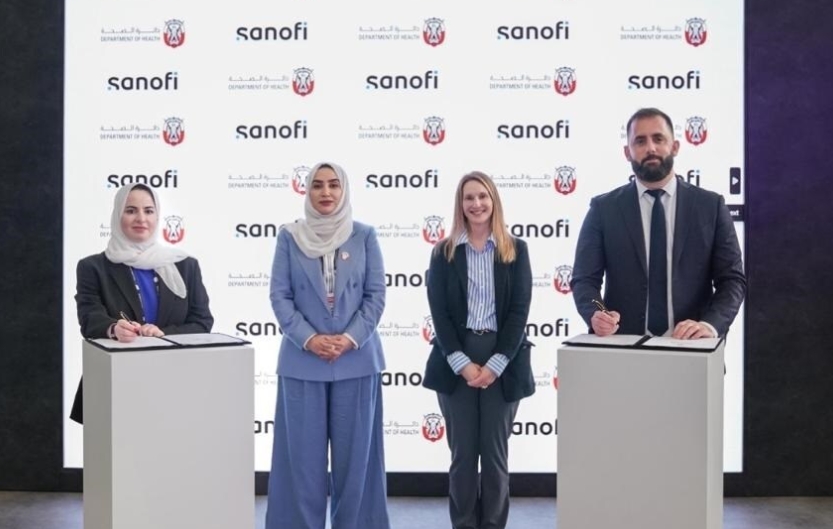
University of Melbourne and Western Health researchers in Australia have developed a new artificial intelligence (AI) tool to prevent cancer patients from receiving incorrect doses of chemotherapy.
The AI algorithm uses image recognition technology and machine learning to accurately predict the precise amount of chemotherapy a patient requires based on their body make-up.
Currently, around 60 percent of colorectal cancer patients who undergo chemotherapy are either overdosed or underdosed.
Professor Justin Yeung’s team utilised data including CT scans from a cohort of more than 1,000 colorectal cancer patients at Western Health to help train and test the algorithm.
The algorithm analysed the scans and found the patients’ body compositions (percentages of fat, bone and muscle) determined how the chemotherapy drug was metabolised and stored in their bodies.
Using these findings, the algorithm can now calculate tailored chemotherapy doses for patients using their body compositions.
Recognising the clinical need for a patient tailored chemotherapy dosing solution, the team has formed a startup called 'PredicTx Health' to translate their research into a product.
The team recently secured $499,760 in grant funding through Australia’s Economic Accelerator programme to fund an observational trial, the development of an AI algorithm and a prototype UI, as well as technology to integrate the solution into future health systems. The observational trial only applies to colorectal cancer patients.
The final step will be a clinical trial run at several health services including Western Health, to compare the technology with current chemotherapy dosing methodology.




